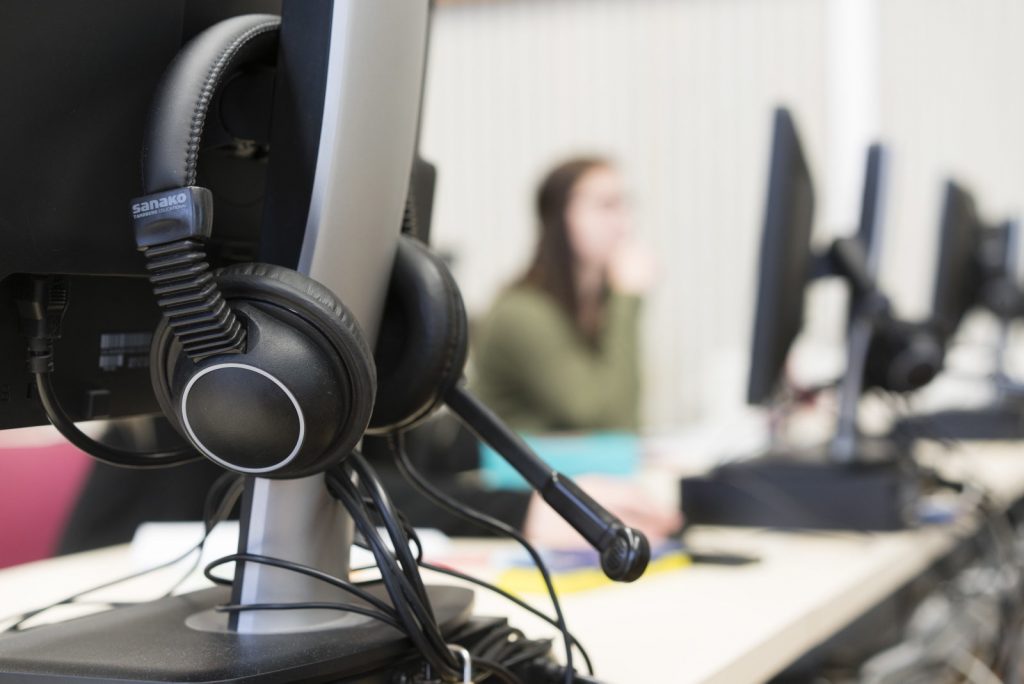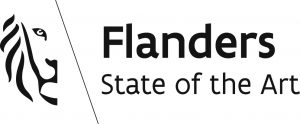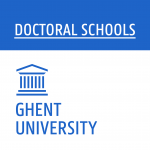The 6th edition of the Summer School “Methods in Language Sciences” will be held from Monday 13 to Friday 17 July 2026.

Top quality research requires outstanding methodological skills. That is why the Department of Linguistics and the Department of Translation, Interpreting and Communication of Ghent University will jointly organize a Summer School on “Methods in Language Sciences” on 13-17 July 2026. The summer school caters to (junior and senior) researchers from various scientific disciplines such as e.g. linguistics, translation and interpreting studies, psycholinguistics and language acquisition research, computational linguistics, sociolinguistics and pragmatics, linguistic ethnography etc.
The Summer School offers 10 multi-day modules on various topics, covering both quantitative and qualitative methods:
- Introduction to R
- Introduction to statistics with R
- Natural Language Processing
- Introduction to Python
- PRAAT
- Eye-tracking
- Survey design
- Multivariate data analysis with R
- Regression analysis with R
- Advanced predictive modeling
Each module involves 15 contact hours. Because the modules are partly held in parallel sessions, participants choose one or two modules to follow (see the Programme for details). More detailed information about each module can be found here.
In addition, the Summer School will host a keynote lecture by Koen Bostoen (Ghent University), titled The Comparative Method does not need Decolonization.
Participants receive a certificate of attendance for a course if they have been present for 100% of the time, i.e. the full 15 contact hours. The certificate of attendance mentions these contact hours together with a brief outline of the course content. Participants who wish so, can convert their attendance to credits. Participants get a separate certificate for each course they have followed (i.e. one or two).
The summer school also features a social event on Wednesday evening, a boat tour through the city of Ghent.
This is your opportunity to take your methodological skills for research in (applied) linguistics, translation or interpreting studies to the next level.

